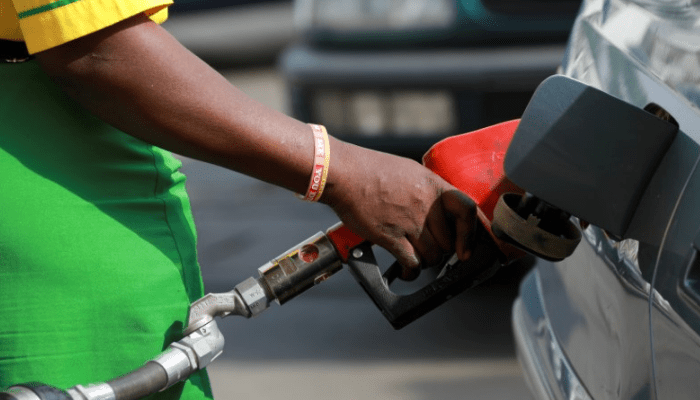FUEL PRICES IN NIGERIA; FLUCTUATIONS OR STABILITIES
Nigeria a beautiful country, a land flowing with milk and honey, a land of vegetation and fertile soil, a land where so many skin color, tribes and religion comes together as one. A land with all these but the habitants cannot even afford the major and ccleveland browns shoes for sale nike air max alpha trainer 5 nike air force jordan nike air jordan 14 philadelphia eagles crocs custom paintball jerseys air jordan 1 element buffalo bills cleats for a cause best human hair wigs for black females nike air max 270 men’s best human hair wigs for black females nike air jordan 1 elevate low philadelphia eagles jersey black friday wig sale nike air max 270 men’s ore honey it produces, a land where the water of some of its citizens are contaminated by the so called produce which eventually they cannot afford the fruits of its tree.

In 1978 during the military regime of Olusegun Obasanjo the honey of the land was 0.5 naira, time passed and honestly stability was maintained in accordance with the economy of the country as at that time till 2007 the regime of President Umar Musa Yar’Adura when the honey of the land was 70 naira and was later reduced to 65 naira per liter.
After the death of President Umar musa Yar’Adura, President Goodluck Ebele Jonathan took over the government and the honey of the land was increased to 120 naira based on the current state of the country’s economy till his tenure ended and was handed over to President Muhammadu Buhari In the year 2015 and alas there after was the ERA of change! Till date.
Where did it all go wrong? Where did we miss it?
Now it is said that the price of fuel would increase from 650 to 1200 naira per liter isn’t this change scary?
In recent times, the fluctuating prices of fuel have been a topic of concern and discussion in Nigeria. Understanding the factors influencing these price variations is crucial for both citizens and policymakers. The cost of fuel in Nigeria has it impacts on the economy and daily lives of its people and believe me its mostly not positive at all.
One of the primary reasons for the volatility in fuel prices in Nigeria is the presence of fuel subsidies. The government has historically subsidized the cost of fuel to ease the burden on consumers. However, the subsidy system has proven to be financially unsustainable, leading to periodic adjustments in fuel prices to reflect market realities.
Nigeria, as an oil-producing nation, is significantly influenced by global oil prices. Fluctuations in the international oil market directly impact the cost of imported fuel. Economic factors, geopolitical events, and global demand and supply imbalances contribute to the volatility seen in oil prices, thereby affecting the local fuel market.

The exchange rate is another critical factor contributing to the pricing dynamics of fuel in Nigeria. As the local currency fluctuates against major foreign currencies, the cost of importing refined petroleum products changes. This dependency on imports makes the fuel market vulnerable to currency fluctuations.
Government policies and decisions also play a pivotal role in determining fuel prices. Reforms in the energy sector, adjustments to subsidy programs, and taxation policies all have a direct impact on the final cost of fuel. Transparency and effective communication of these policies are crucial to help citizens understand the rationale behind price adjustments. But honestly are the governments to be blamed now or not? Are their claim and reasons just?
The constant fluctuations in fuel prices have wide-ranging effects on the Nigerian economy and its citizens. Increased fuel costs contribute to higher transportation expenses, which, in turn, affect the prices of goods and services. The ripple effect can lead to inflationary pressures and impact the purchasing power of consumers. The rate of immorality has increased by a 40%.
In conclusion the lack of balance has affected every tiny/atom of the lives of an average citizen. Its appears unhealthy to the growth and well being of individuals and the country as a whole. What are your thoughts? Comment below!
Content Credit:
| Oyedepo Fifedoyinsola
Picture Credit:
Business Day | https://businessday.ng/energy/oilandgas/article/daily-petrol-sale-falling-in-lagos-after-subsidy-removal/
Punch | https://punchng.com/we-need-a-new-nigeria/



